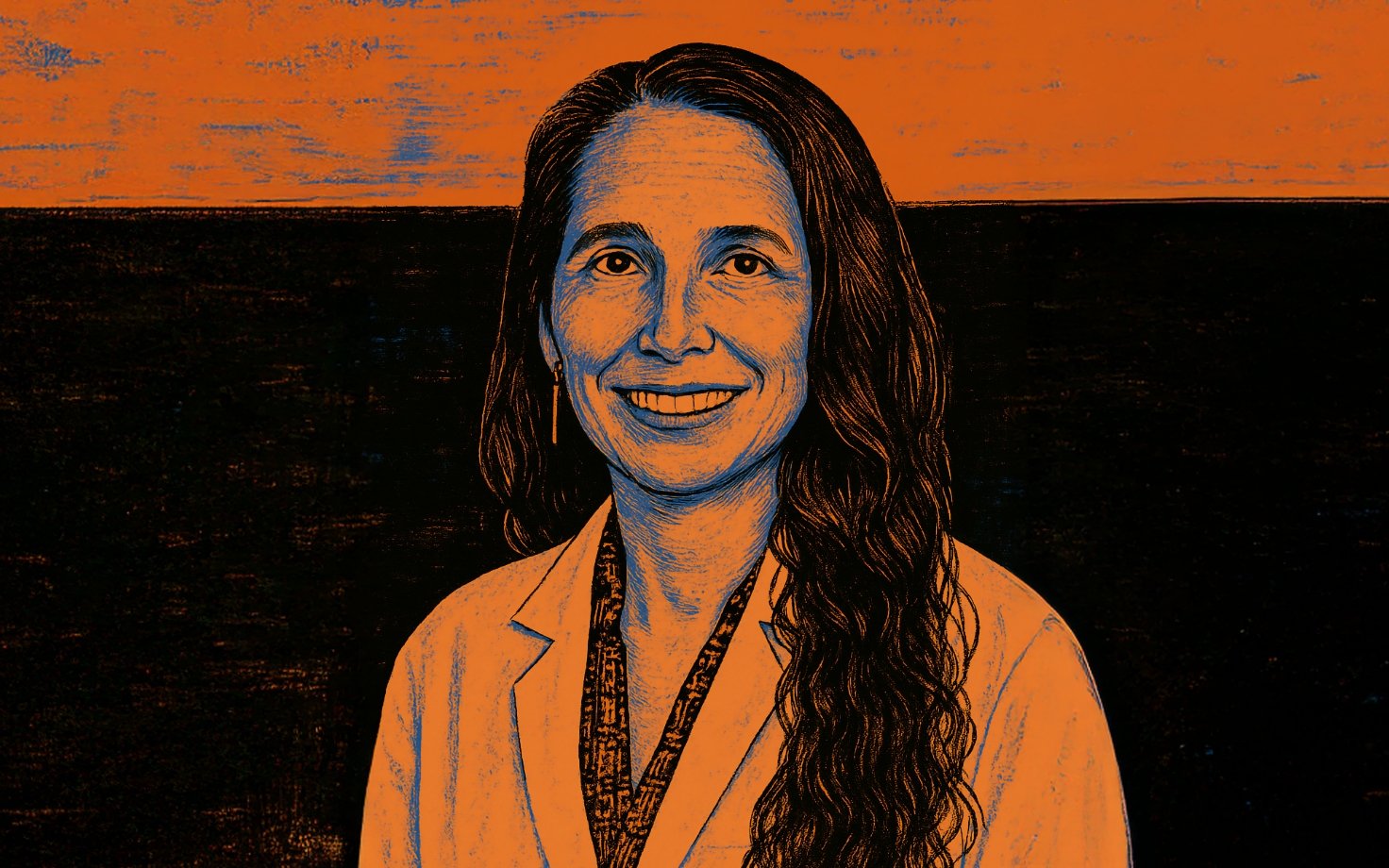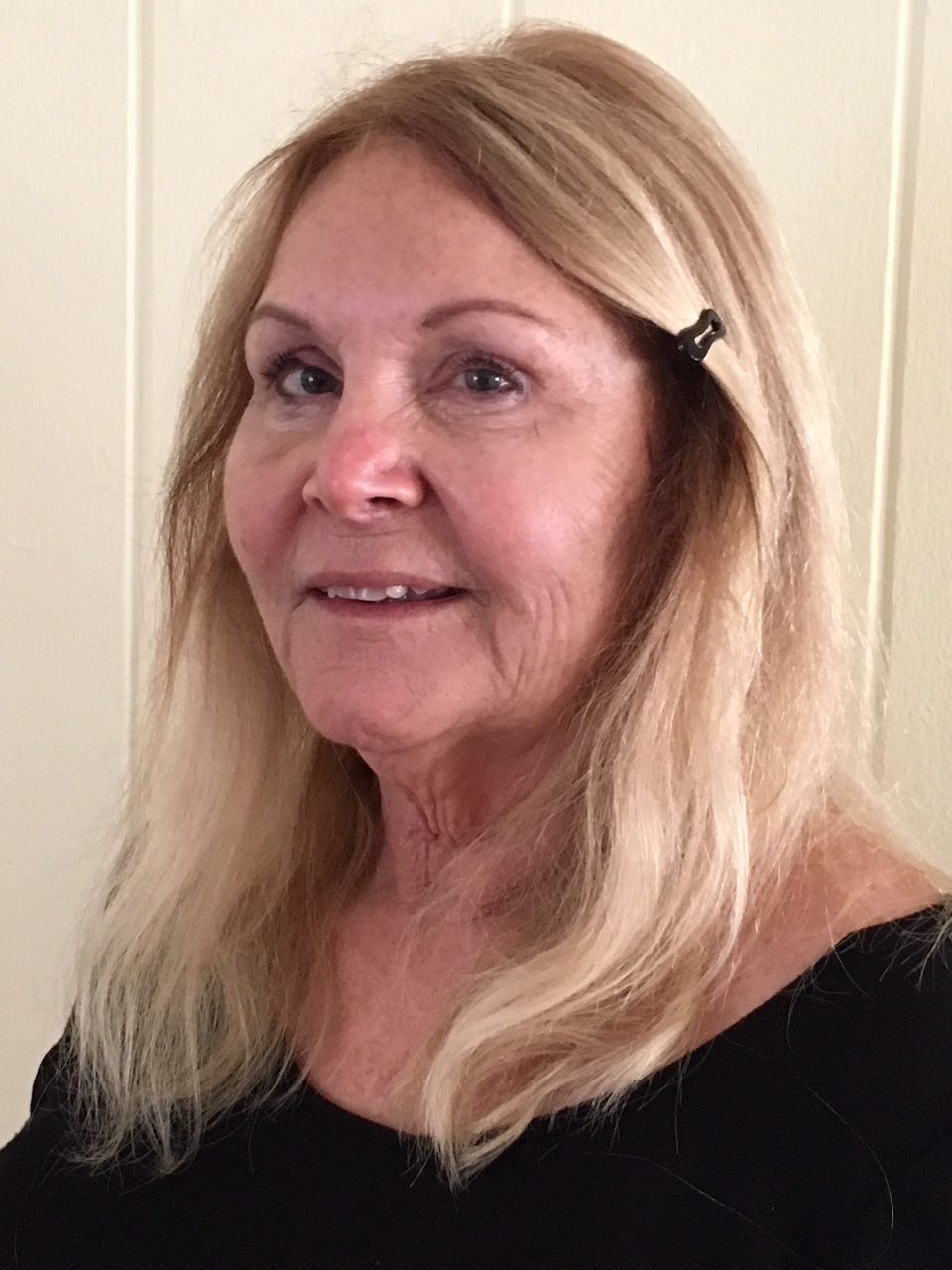At the core of pediatrician Elizabeth S. Barnert’s consequential career as a medical doctor, researcher, teacher, author and children’s advocate lies an overarching drive to improve the lives of youngsters caught in daunting circumstances.
While still in medical school, Barnert, now an associate professor of pediatrics at UCLA’s Geffen School of Medicine, traveled to El Salvador to help reunite families whose children had been ripped away during that country’s 12-year civil war. After earning her M.D. and other advanced degrees, she came to UCLA on a research fellowship in 2012 and joined the faculty in 2014.
Since then, Barnert has helped legislators form new laws and policies regarding kids in the justice system. She is the physician for youngsters held at Los Angeles County’s juvenile halls or, more typically, living at home under court supervision. Her research on youths in the justice system probes ways to improve their chances of overcoming long odds to thrive.
During a recent interview in her office at UCLA’s Marion Davies Children’s Clinic, Barnert said her guiding principle has been that “all children should receive the support they need to be healthy and thrive.” And that includes those who have been especially marginalized and challenged by involvement in the juvenile legal system, severe family dysfunction or separation, mental illness, substance abuse or sexual exploitation.
Drawing inspiration
Born in Los Angeles, Barnert was raised in a comfortable suburb on the city’s Westside by her psychiatrist father and her Cuban-born mother, a counselor at a local public high school. Her parents’ commitment to education and social justice helped set their daughter on her career path.
“I care a lot about social justice, and so I found that I was attracted to where the most injustices are and where the most vulnerabilities lie,” Barnert said. “And so that led me to doing research with kids in the juvenile legal system, and then I sort of stayed in that research area.”
Although the situations she comes across can be challenging and sad, Barnert said she finds hope and inspiration from knowing she can make a difference.
“Being in the juvenile legal system is a very difficult situation, but at the same time, it’s a system that’s based on laws. So if you can change the laws, you can improve the system,” she said. “It’s actually much more flexible than you realize.”
To that end, she values her work on several boards and commissions, especially as chair of the Juvenile Health Committee of the National Commission on Correctional Health Care.
In 2005, while enrolled in the UC Berkeley-UC San Francisco Joint Medical Program, Barnert went to El Savador to help find children of families torn apart during that country’s civil war, which raged from 1980 to 1992. Her work and research over four years with a Salvadoran nonprofit led to a book, Reunion, published in 2023 by the University of California Press to glowing reviews. All proceeds are donated to the nonprofit with which Barnert worked.
“A sense of resiliency”
At UCLA, Barnert focuses on research that has guided reforms aimed at providing more effective treatment of youngsters in the legal system. That work led to roles advising Congress and the state Legislature on juvenile justice policy. She helped secure passage of several laws in California, including one that required formal training for police officers handling cases involving sexual exploitation of children. Working closely with Laura Abrams, a professor of social welfare in UCLA’s Luskin School of Public Affairs, Barnert helped California pass a law that prevents children under age 12 from being prosecuted as adults (except in cases of homicide and forcible rape).
Barnert and Abrams also have teamed up on other projects. They recently completed a study with Los Angeles County that conducted research on people ages 18 to 24, as they were released from custody. The purpose was to test ways to ease their transition as they adjusted to freedom while meeting the challenges of becoming adults. The project, undertaken with an initial group of 2,525 young adults in the county’s Whole-Person Care-L.A. Reentry program (WPC Reentry), sought to compare the outcomes of program recipients with those who received no transition services.
Most participants were male (72.6%); 80.2% were Latino/a or Black, and nearly 61% had been homeless. Mental health and substance use disorders were common, while physical health was generally good. The re-entry program links newly released young people to legal, medical, mental health and social support services, as well as jobs, housing and transportation possibilities; it also offers mentoring and empowerment coaching.
Researchers found the study “can facilitate development of age-appropriate reentry policies and programs to support young adults during reentry.”
Among them were access to housing, health-care and mental health services. And Barnert said the study has helped inspire a similar effort at the federal level.
“It’s been neat to watch the Los Angeles program grow and get implemented and then watch federal law come into effect,” Barnert said, “and wonder how that’s going to play out at facilities around the country.”
Other studies include an assessment of health needs of detained youth with limited justice involvement and the role of parent engagement in overcoming barriers to care for youths returning home after incarceration.
Barnert and Abrams also are working on a promising pilot project with the Anti-Recidivism Coalition of California that tests the effects of providing transition-age youth clients with a basic income supplement of $500-a-month for one year.
“The philosophy is that giving people a small amount of money helps them get back on their feet,” Barnert said. “It helps them meet basic needs so they can pay rent, go to school and not be on the streets” while adapting to life back in the larger society.
Not all vulnerable children are from disadvantaged families, as demonstrated by the recent local wildfires that devastated the communities of Altadena and Pacific Palisades. While Barnert has not worked with children affected by those fires, she realizes the events will have a lasting impact on them and their families.
“Children have a very natural and healthy response to fear for their lives,” she said, adding that the fear can linger long after the last flames have been extinguished.
“Many children lost their homes, and many children lost their schools and communities. So I think there will be a very lasting effect that will take years” to mitigate, she said.
“On the bright side,” she added, “I think that the children will be imbued with a sense of resiliency and a sense of what really matters.”
Barnert spends the equivalent of half a day a week seeing patients and has some teaching duties. But most of her time is devoted to research — and to the time-consuming but necessary task of writing applications for grants to support that research.
“Grant writing is good because it really pushes you toward innovation … but it’s not a very efficient way of spending my time,” said Barnert, who much prefers doing research and advocacy and interacting with a constantly changing stream of young patients in the legal system.
Barnert says she gets moments when she sees that a patient has made progress toward a better life or left her a poem or note of gratitude. But she doesn’t often get the opportunity to work with given patients over time, or to see how they progress or to form a long-term relationship with them. And that’s a good thing — if it means her patients have moved on from the legal system.
“I don’t have continuity, so I don’t get to see what happens to them,” Barnert said. Then she added, with a small laugh, “I tell them I will be very happy if I don’t see them again.”

























